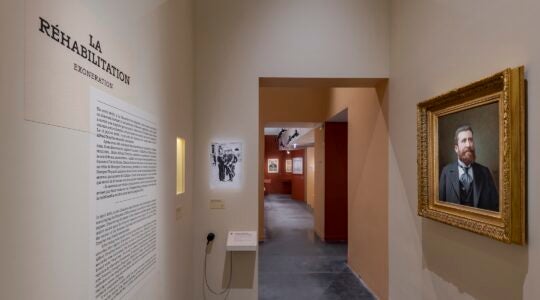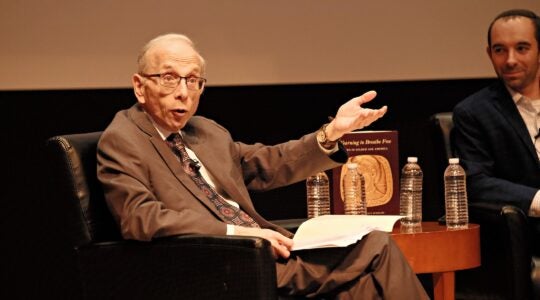I was shocked by Howard Rieger’s remarkably anti-intellectual and narrow-minded comment (“Demographers Should Help Rather Than Criticize,” Nov. 4) describing the ongoing, critical survey evaluation of Birthright Israel programs as “Research that doesn’t uncover anything new.”
His question “Does Birthright need the same good news discovered on an ongoing basis,” suggests the kind of logic that would have patients stop going for annual checkups because they consistently receive “good news” or airline mechanics stop doing safety checks because their last go-through was so successful.
My colleague, professor Leonard Saxe of the Cohen Center at Brandeis University, has proven to be a pioneer in the field of Jewish identity research and program evaluation. The “good news” he has found by monitoring Birthright Israel through his and his team’s sophisticated surveys has helped teach us about Birthright Israel and about this generation of young Jews.
Birthright Israel should be praised for being one of the few Jewish programs that consistently monitors itself using independent expert researchers like Saxe to make sure it is achieving the desired results. That is not a wasteful search for good news but a vigilant, self-critical stance serving the program and its donors that, if applied more broadly, would lead the Jewish community to reallocate resources toward successful programs like Birthright Israel and away from so much of the dead-wood programming clogging the Jewish world today.
Professor of History, McGill University Chairman, Birthright Israel International Education Committee
The New York Jewish Week brings you the stories behind the headlines, keeping you connected to Jewish life in New York. Help sustain the reporting you trust by donating today.





